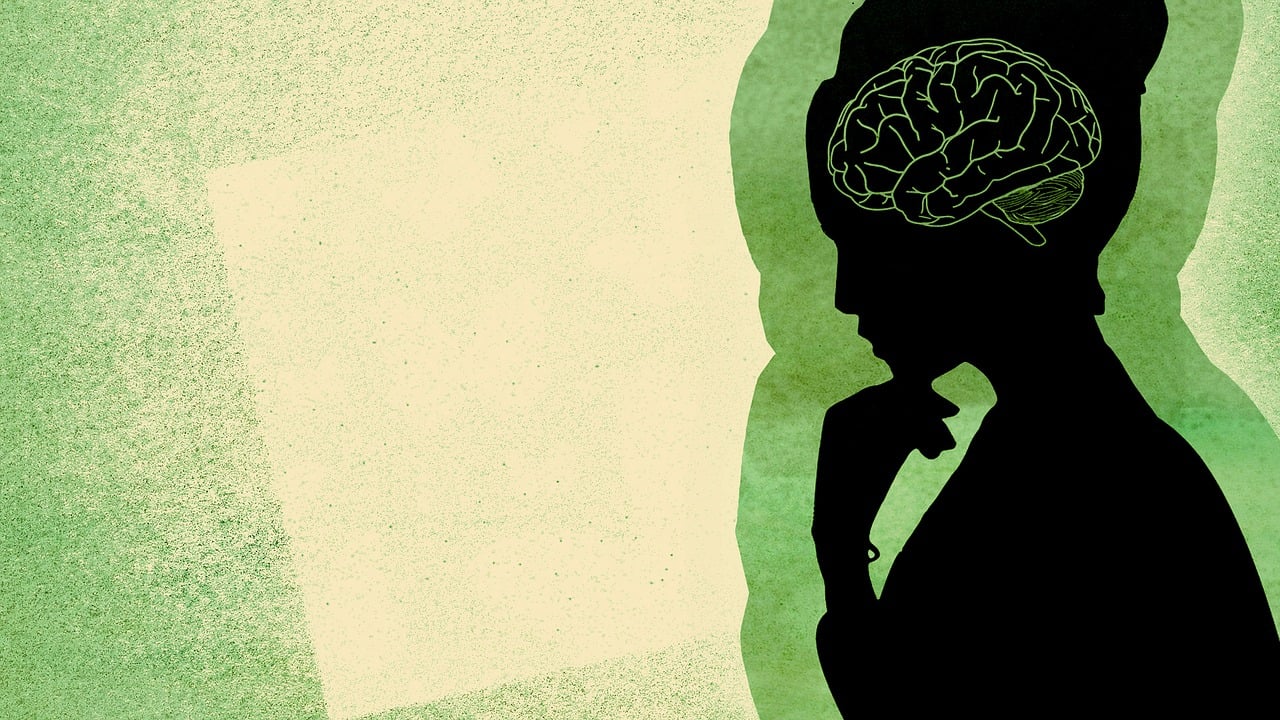Understanding Anxiety: Navigating the Maze of Mental Health
Anxiety, as a concept, has existed for millennia. Ancient Egyptian hieroglyphics depict priests treating individuals with symptoms we'd now associate with anxiety disorders. Greek philosophers like Hippocrates and Plato also described symptoms of anxiety, attributing them to imbalances in bodily fluids or "humors."

During the Middle Ages, religious devotion was often seen as a cure for what was then termed “melancholia” or “sorrows.” It wasn’t until the 19th century that psychiatrists began diagnosing “neurasthenia,” a condition characterized by fatigue, anxiety, headache, impotence, neuralgia, and depressed mood. This was seen as a consequence of modern life and its relentless pace.
In the 20th century, the understanding of anxiety evolved significantly. With the advent of psychoanalysis, Sigmund Freud described anxiety as a result of repressed and unresolved conflicts. Later, the medical field began to view anxiety disorders as conditions separate from other mental health issues, leading to more targeted treatments.
Today, anxiety disorders are recognized as legitimate, widespread, and treatable mental health conditions. However, the challenge remains in understanding the causes fully, improving treatment, and eroding the stigma associated with mental health.
The Prevalence and Impact of Anxiety
Anxiety disorders are among the most common mental health conditions worldwide. The World Health Organization estimates that 264 million people globally suffer from an anxiety disorder. These figures are likely underestimated, given the stigma associated with mental health, which often prevents people from seeking help.
Anxiety can significantly impact an individual’s life quality, affecting relationships, work performance, and even physical health. Long-term anxiety has been linked to conditions like heart disease, gastrointestinal problems, and respiratory issues. It also often coexists with other mental health conditions, such as depression.
The economic impact is also considerable. Anxiety disorders cost the U.S. more than $42 billion a year, almost one-third of the country’s total mental health bill, according to “The Economic Burden of Anxiety Disorders,” a study commissioned by the Anxiety Disorders Association of America (ADAA).
Decoding the Causes of Anxiety
While the exact cause of anxiety disorders remains elusive, research points to a combination of genetic, environmental, psychological, and developmental factors.
In terms of genetics, studies with twins have shown that if one twin has an anxiety disorder, the other is more likely to have one too, suggesting a genetic link. However, just because one has a genetic predisposition doesn’t guarantee they will develop an anxiety disorder.
Environmental factors, such as exposure to violence, poverty, or prolonged stress, can also contribute to the development of anxiety disorders. In addition, psychological factors, including personality types and coping skills, can influence how one responds to stress.
Interestingly, recent research has revealed a connection between gut health and anxiety. The gut microbiome, the collection of bacteria and other microorganisms in our digestive tract, has been found to communicate with the brain and influence our mood and behavior. This has opened up new avenues for anxiety treatment and prevention.
Treating Anxiety: A Holistic Approach
Traditionally, anxiety disorders have been treated with a combination of psychotherapy and medication. Cognitive-behavioral therapy (CBT), which involves changing thought patterns to alter behavior and emotional state, has proven particularly effective.
However, as our understanding of anxiety deepens, so does our approach to treatment. Alongside traditional therapies, there’s growing recognition for the role of lifestyle changes in managing anxiety. Regular physical activity, a balanced diet, adequate sleep, and mindfulness practices like yoga and meditation can all contribute to reducing anxiety symptoms.
Moreover, the burgeoning field of nutritional psychiatry explores the link between diet and mental health. It suggests that a diet rich in whole grains, lean protein, fruits, vegetables, and healthy fats can help manage mental health conditions, including anxiety disorders.
The Road Ahead: De-stigmatizing Anxiety
We’ve made significant strides in understanding and treating anxiety. However, stigma and misconceptions about mental health persist. It’s crucial to continue educating the public about anxiety disorders and mental health more broadly. This not only helps those suffering from these conditions feel understood and supported but also encourages those who need help to seek it out.
In conclusion, anxiety is a complex, multifaceted issue that requires a comprehensive approach. By combining historical understanding, scientific research, and compassionate care, we can help those with anxiety navigate their way towards better mental health. In this way, we don’t just treat symptoms, but empower individuals to lead full, vibrant lives.





